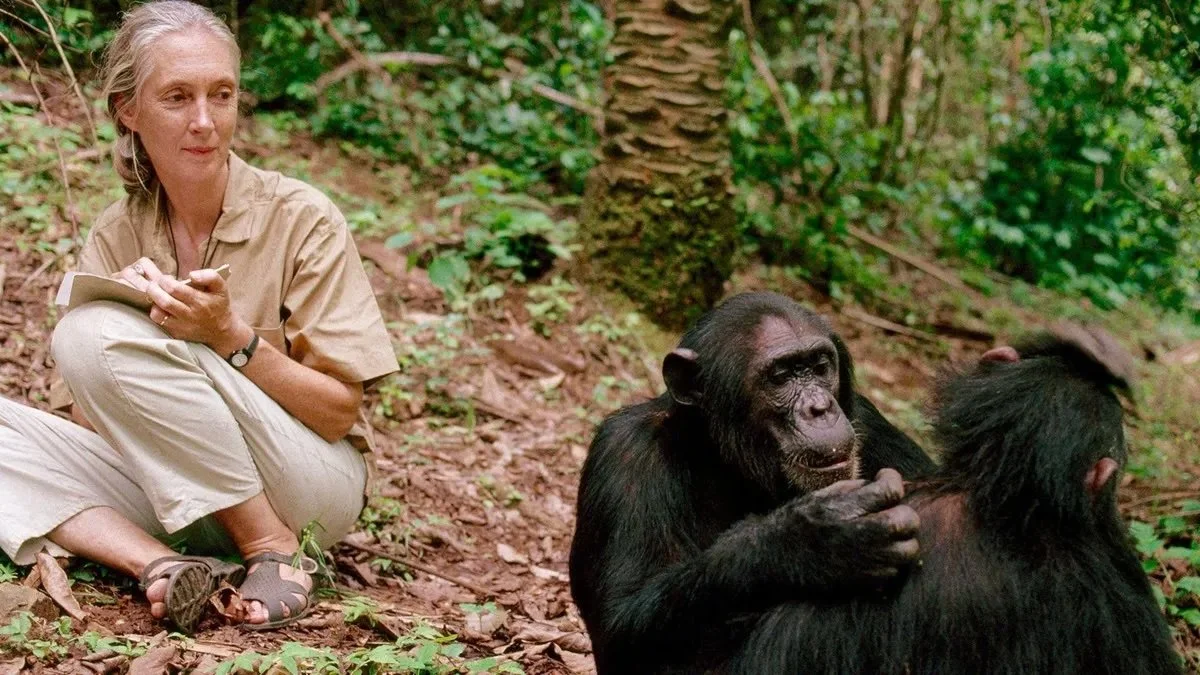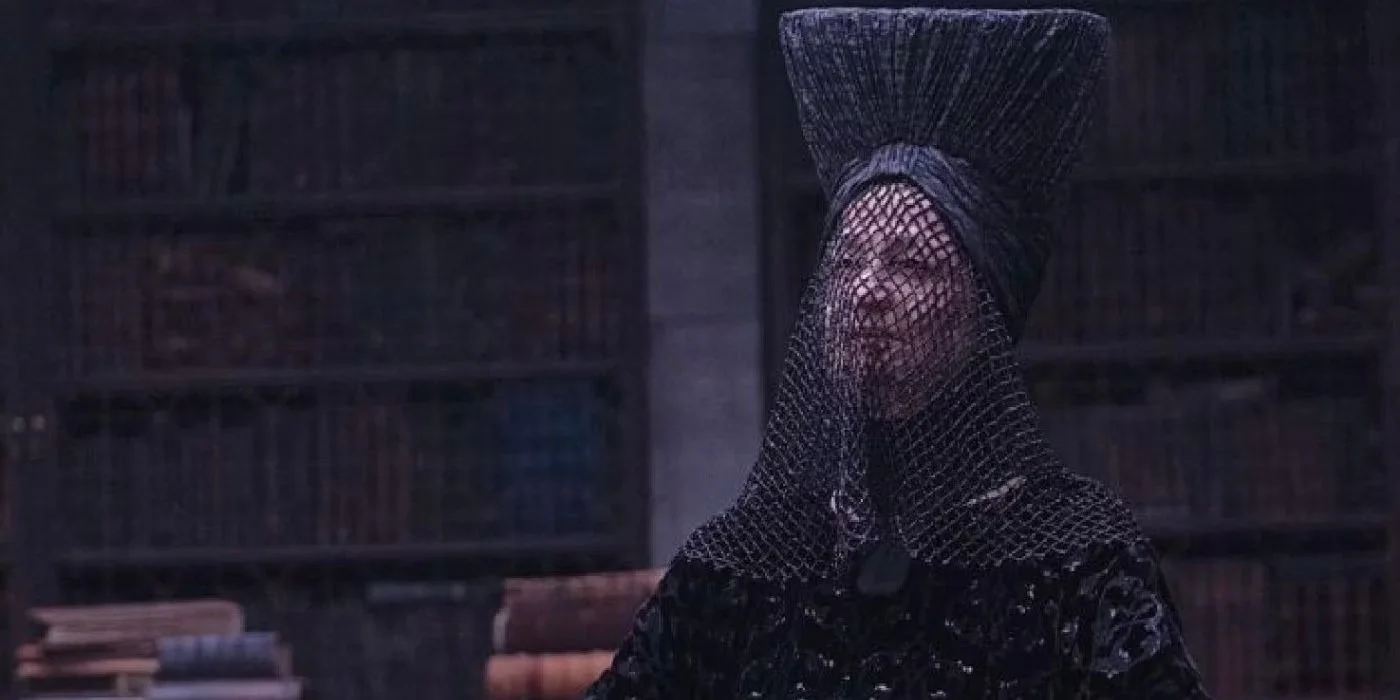Strategy begins with a leap - not inching forward methodically, but jumping into an imagined future that's better, more valuable, more desirable. But this imaginative leap is only the beginning. The real work lies in determining how to make that future real: What conditions must we create? What must we start or stop doing? What resources must we gather? What politics must we navigate? What collaborators do we need? How will we finance it all? Strategy is ultimately a practical, pragmatic undertaking concerned with change in the real world. While imagination is essential, it's only the first step. After that comes the hard yards of implementation - or as Kornfield might say, after imagination comes the laundry.
Read MoreTaste then isn’t merely about unaccountable subjective preference. Taste involves making judgments about quality - which is why it should matter a very great deal to marketers, brand-builders, and communicators.
Read MoreTo do its work strategy needs be coherent - it is the art of deploying finite resources for maximum effect after all. It needs to be persuasive if it is to engage the belief, enthusiasm, and resources of others to make it a reality. It should have as few moving parts as possible to reduce the risk of failure. And it needs to be compressed and memorable so people do not have to work out what it means or what to do, and there is no room for misunderstanding or subjective interpretation. David Gelernter, the professor of computer science at Yale University, talked about ‘machine beauty’ as the key to deveoping powerful software. We should be seeking ‘strategic elegance’. Because elegance makes strategy more powerful.
Read MoreThe fact of the matter is whether as a human being, business, or brand, conviction born of self-knowldege is the thing that gets us through uncertainty, adversity, and turbulence. It is the root of agency, because it clarifies choices and decisions. Being deliberate and decisive, having real intention and doing things on purpose is impossible without self-knowledge, self-belief, self-respect and the resultant conviction. Without it, we’re just a victim of circumstances, responding and adapting to events as they happen, to bad advice, or to other people’s opinions, agendas, and actions without ever asking whether this is valuable, healthy, sustainable, desirable, meaningful for us.
Read MoreWhen we are able to truly and accurately name things we are able exercise some form of control and dominion over them. And when we are able to name things we have the ability to share and embed that ordering and meaning of things in the minds of others. And thus we govern, predict causes and effect, make things happen. Thus we do strategy.
Read MoreBusiness leaders want honesty, not complicity. They are acutely aware that they’re living in a non-linear world and do not see the trends and dynamics of yesteryear playing out like a straight line into the future. They understand that the past as a solution set cannot be the only viable option and are hungry for a genuinely outside perspective. In such an environment, walking in smart is probably the dumbest thing we can do. But walking in ‘stupid’ and asking the questions that everybody with their experience and expertise has not thought of asking? That’s probably the smartest thing we can do. Emptying our cup is invariably the first step to filling it with something useful.
Read MoreIf you saw Bradley Cooper’s biopic Maestro about Leonard Bernstein, it’s worth noting that the movie chose NOT to tell this story. Yet the truth is far more inspiring. And for the practitioners, commissioners, and end-users of brand strategy, far more instructive.
Read MoreIf they want it.
Read MoreWe can debate the imminence of cultural collapse. But what feels more certain is that the sense (and promise) of development and progress feels less in evidence, despite the incessant hosepipe of novelty and entertainment and distraction we find ourselves on the receiving end of. Perhaps we really are, as the author Peter Watts has put it, “in love with the moment. Scared shitless of the future”.
Ian Leslie is right to caution us that “We exaggerate the permanence of the moment we’re in, and under-estimate the possibility of change.” Nonetheless, what gives?
Read MoreBut does everything, like everything always have to be a story all of the time? Cause and effect. If-This-Then-That. The reassurance that stuff will make sense. The comfort and warmth of knowing that there’s a bulwark against meaning-void chaos. The promise that we can figure it out. The reassurance that there is a pattern, and there is a structure to all of this. That it is graspable. The comfort that the possibility of learning and anticipation is possible. The satisfaction of joining the dots. The satisfaction of closure. The satisfaction of causality. The need for causality. The promise that we can be agents of causality. That we can not just understand, but shape and bend the world to our will and desires. Christ, we need this stuff so fucking badly. And let’s not forget the intoxicating knowledge that everything that can be turned into a pattern (and made to look like a pattern) can be replicated, codified, merchandised marketed and (praise be!) financialised (and infantalised) as Let Me Show You How expertise and sprayed over everyone’s LinkedIn feeds.
Read MorePeople who live in bubbles. People who don’t know they live in bubbles. People who don’t care they live in bubbles. People who deny they live in bubbles. People who hang out with people who agree with them. People who don’t travel outside the confines of their own minds. People who don’t travel outside the confines of their own habits. People who don’t travel outside the confines of their own culture. People who travel outside the confines of their own culture and compare everything with the culture they stepped out of. People who are uncomfortable being outside their own culture. People who can’t wait to get back to the familiarity of their own culture. People who can’t change their minds. People who won’t change their minds. People who don’t like their faith in the reality they’ve constructed for themselves being even mildly shaken. People who aren’t up for revising their most cherished beliefs.
Read MoreWe have to release the brakes. To get our minds around the truth that old solutions cannot unlock new problems. We must champion and elevate strategy to its rightful role as being by its very nature an imaginative discipline (nor merely a precursor or fluff-job for somebody else’s). We need to retire the policers and enforcers. We should ask “and what happens next?!” and seek to surprise ourselves again. We should take the mental shopping trolley to the top of the hill, set it alight (if only for dramatic effect)… and then let go.
Read MoreThere is a tide in the affairs of men,
Which taken at the flood, leads on to fortune:
Omitted, all the voyage of their life
Is bound in shallows and in miseries
On such a full sea are we now afloat,
And we must take the current when it serves,
Or lose our ventures.



















